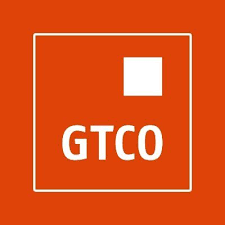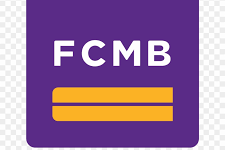SMART SAVING
How Nigerians Can Thrive Despite Inflation
PERSONAL FINANCE
Fabian Agore
11/17/20252 min read


A Market Shock That Sparked Change
Yusuf stood at the entrance of Kado Market in Abuja, holding the same amount of money he had spent just a month earlier. But this time, the basket in his hand was painfully light. Rice prices had jumped again, tomatoes were almost double, and transport fare to the market had increased. As a civil servant with a modest salary, Yusuf felt overwhelmed. Month after month, his income stayed the same while prices climbed relentlessly. That day, he understood something clearly: if the economy was changing, his financial habits needed to change too.
Tracking Expenses: The First Step to Control
Like many Nigerians, Yusuf wasn’t reckless — he simply wasn’t aware of where his money was going. He began tracking every expense using a small notebook and later a simple budgeting app. In just one month, he discovered that minor, frequent purchases were silently draining his income. By cutting out unnecessary spending, he managed to save nearly ₦20,000 monthly without feeling deprived.
Paying Himself First — Into a High-Yield Account
Determined to build a financial cushion, Yusuf adopted the powerful habit of paying himself first. Immediately after receiving his salary, he moved 10% of it into a high-yield savings account. Importantly, this account was separate from his regular banking app and did not come with an ATM card or instant access. The design was intentional: if he couldn’t reach the money easily, he couldn’t spend it impulsively. Over time, this slow and steady saving became the backbone of his financial stability.
Bulk Buying and Smart Spending
With food prices rising almost weekly, Yusuf learned to reduce costs by bulk buying. He teamed up with colleagues to purchase staples like beans, garri, and vegetable oil at wholesale prices from Utako and other major markets. This strategy saved him thousands of naira monthly and protected him from sudden price hikes.
He also practiced intentional spending — prioritizing needs over wants, negotiating prices like a true Nigerian, and reducing unnecessary outings.
Growing Money Through Low-Risk Investments
Realizing that savings alone would not outpace inflation, Yusuf diversified into low-risk investments. He joined a cooperative society at work for better returns and later added small contributions into government savings bonds. These options helped his money grow steadily without high risk.
Earning More Through Skills
To reduce financial pressure, Yusuf began editing documents for NGOs on weekends. This side gig, built on his writing skills, provided extra income and boosted his confidence. Many Nigerians can follow this example by monetizing skills like baking, sewing, tutoring, photography, or tech services.
Thriving Despite Inflation
Yusuf’s story proves that while inflation affects everyone, strategic financial choices can make all the difference. By tracking spending, saving smartly, investing wisely, and increasing income, Nigerians can thrive even in tough economic times. Inflation may be rising — but with discipline and creativity, your financial resilience can rise higher.
Visit this page daily for your dose of financial sense to power up your wealth growth. Also, share with your family, friends and colleagues.





